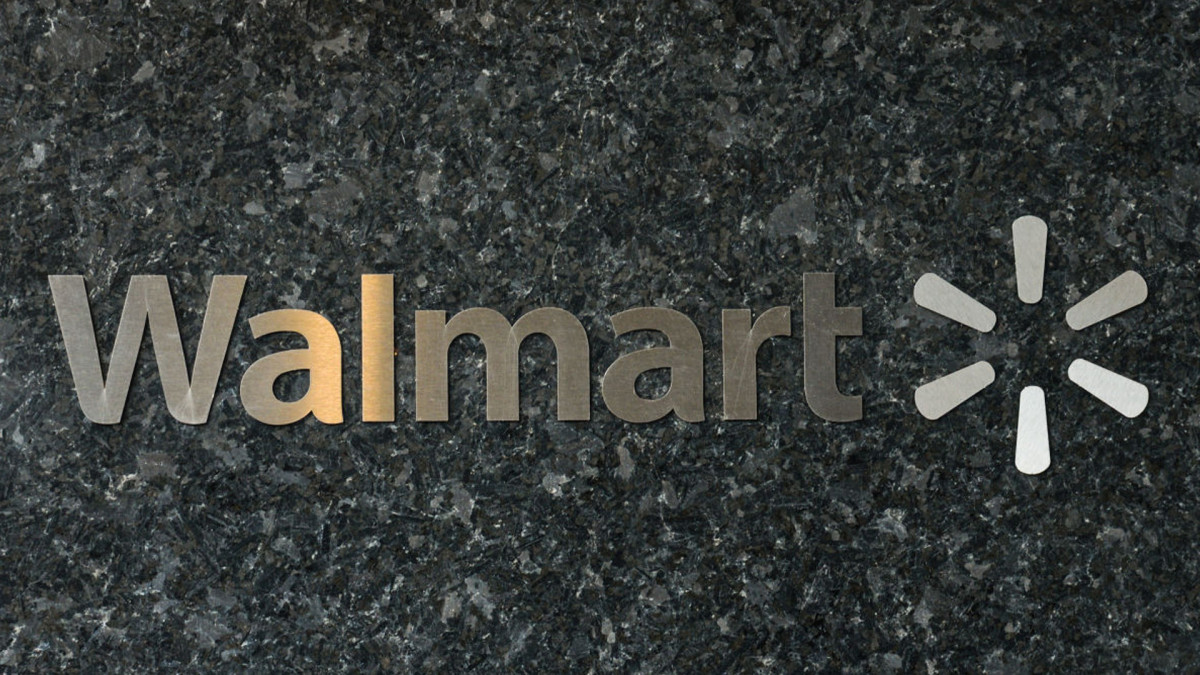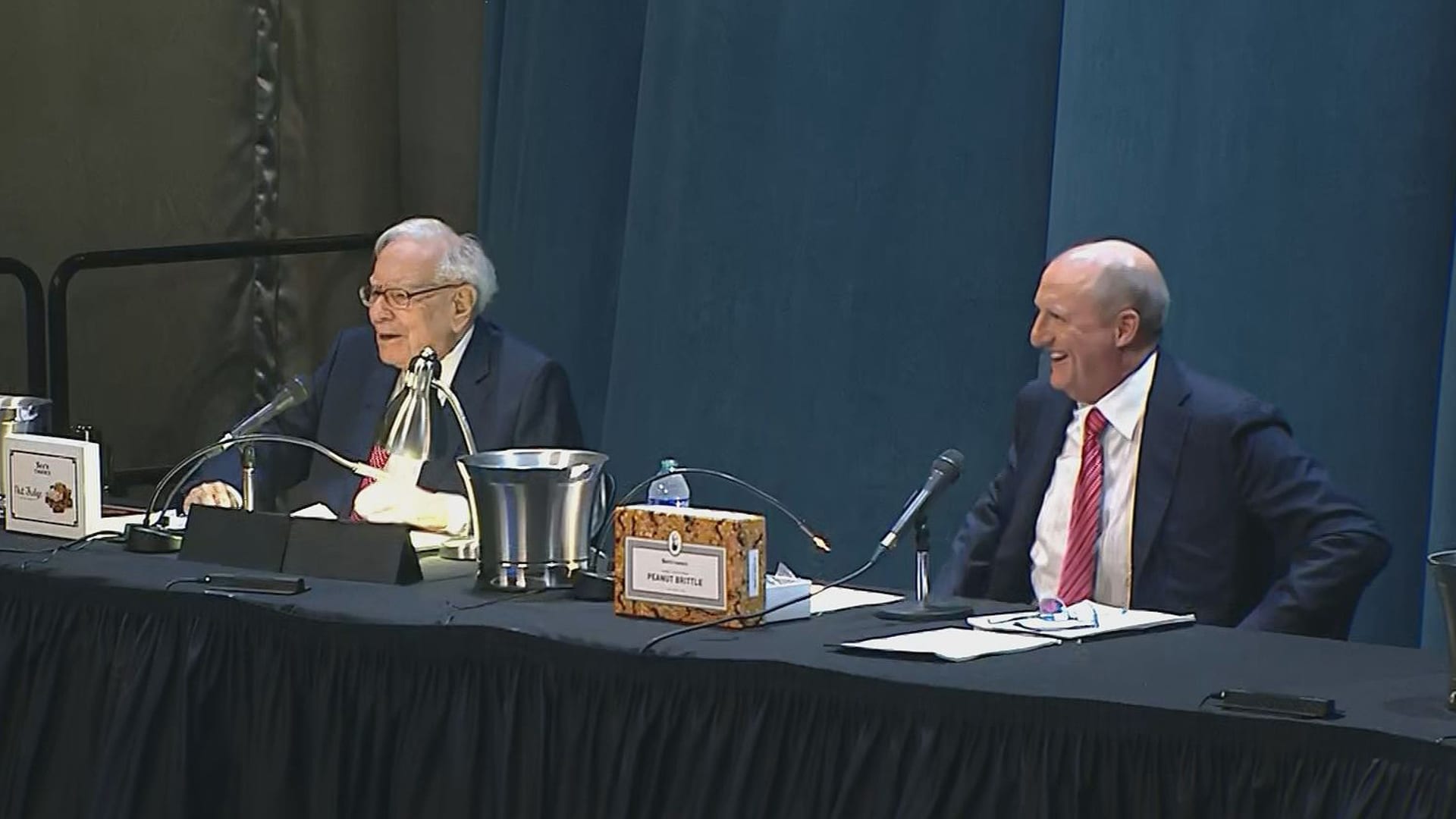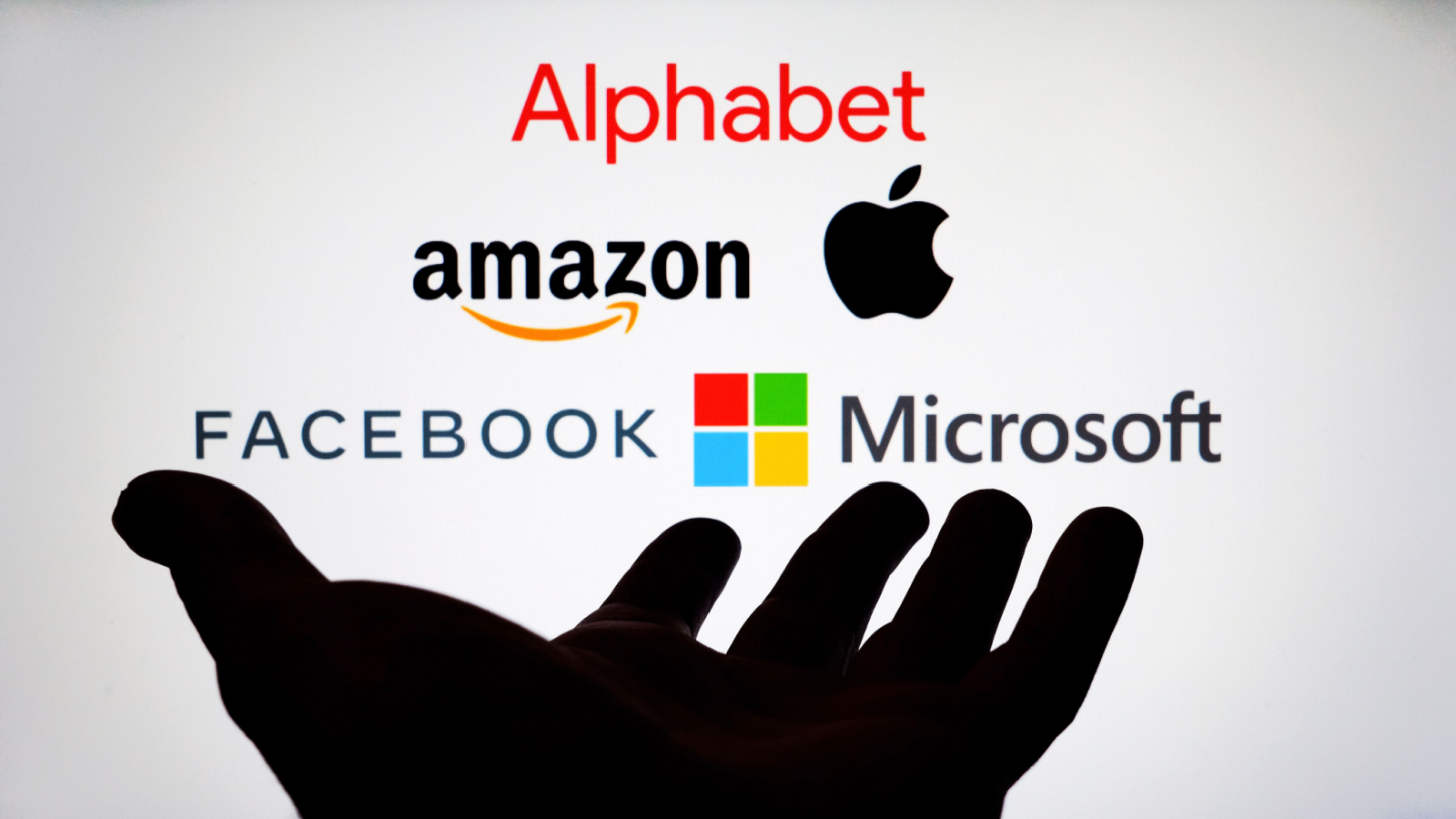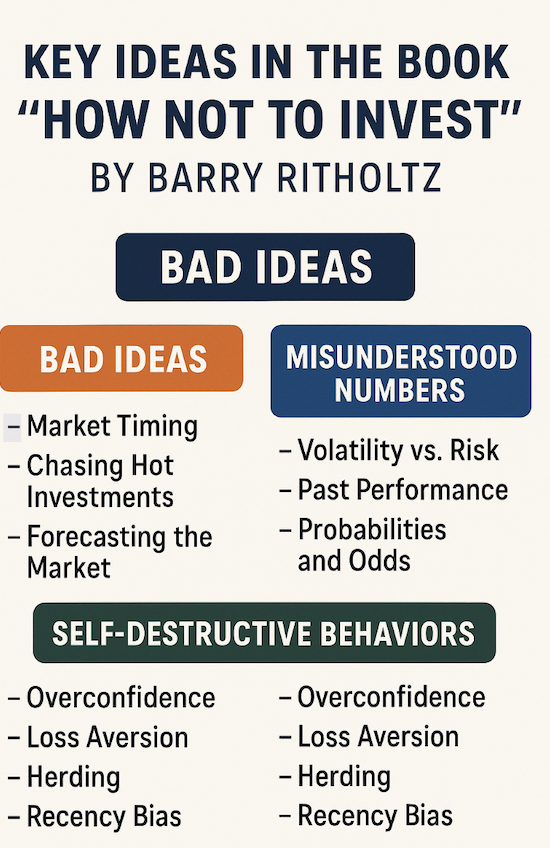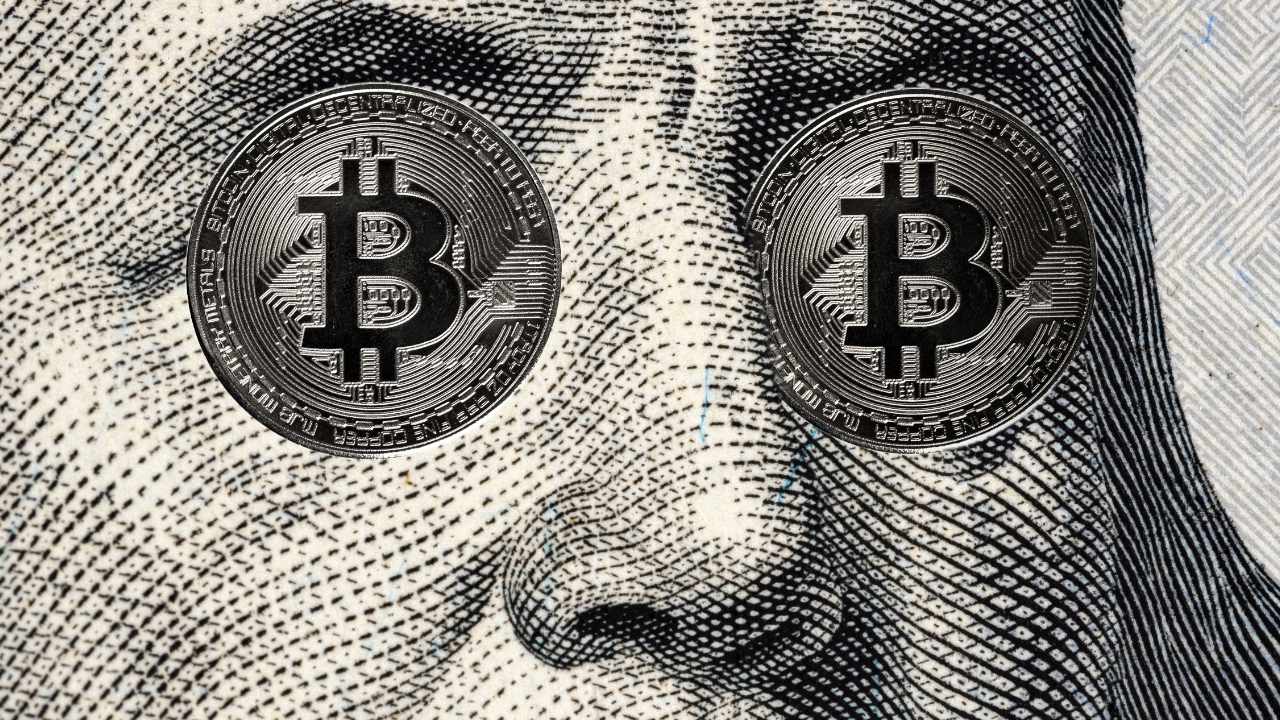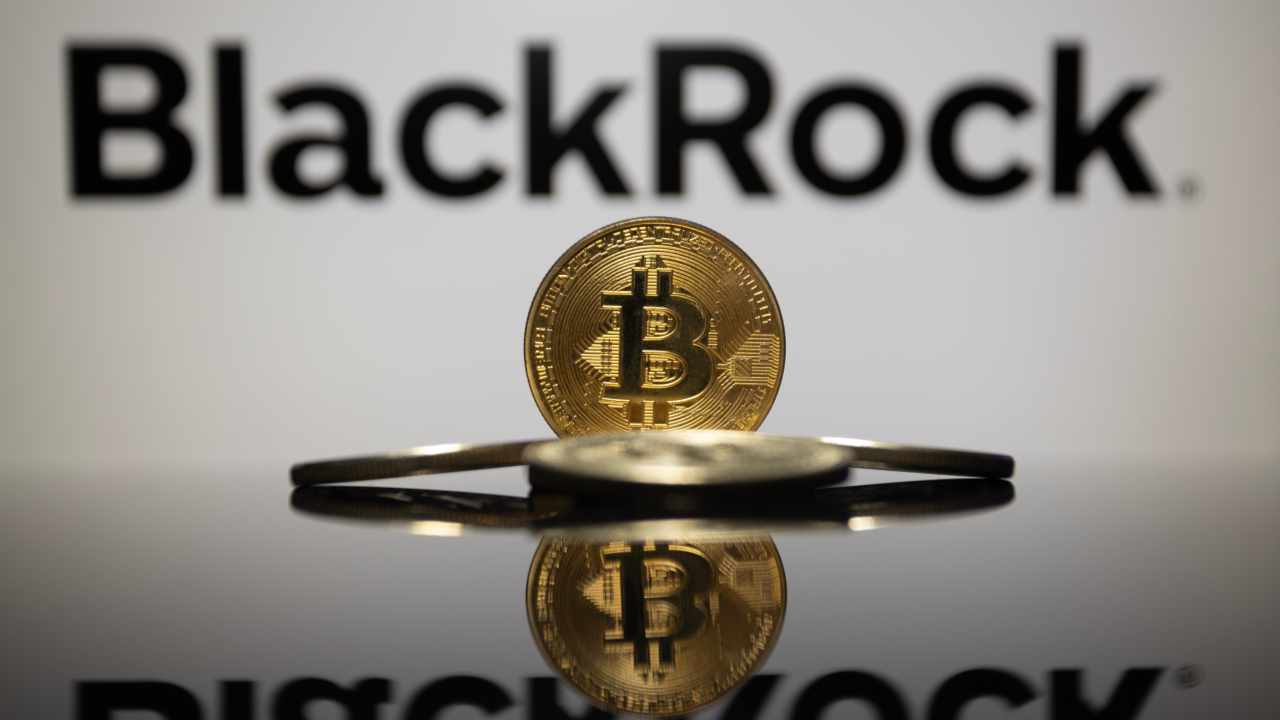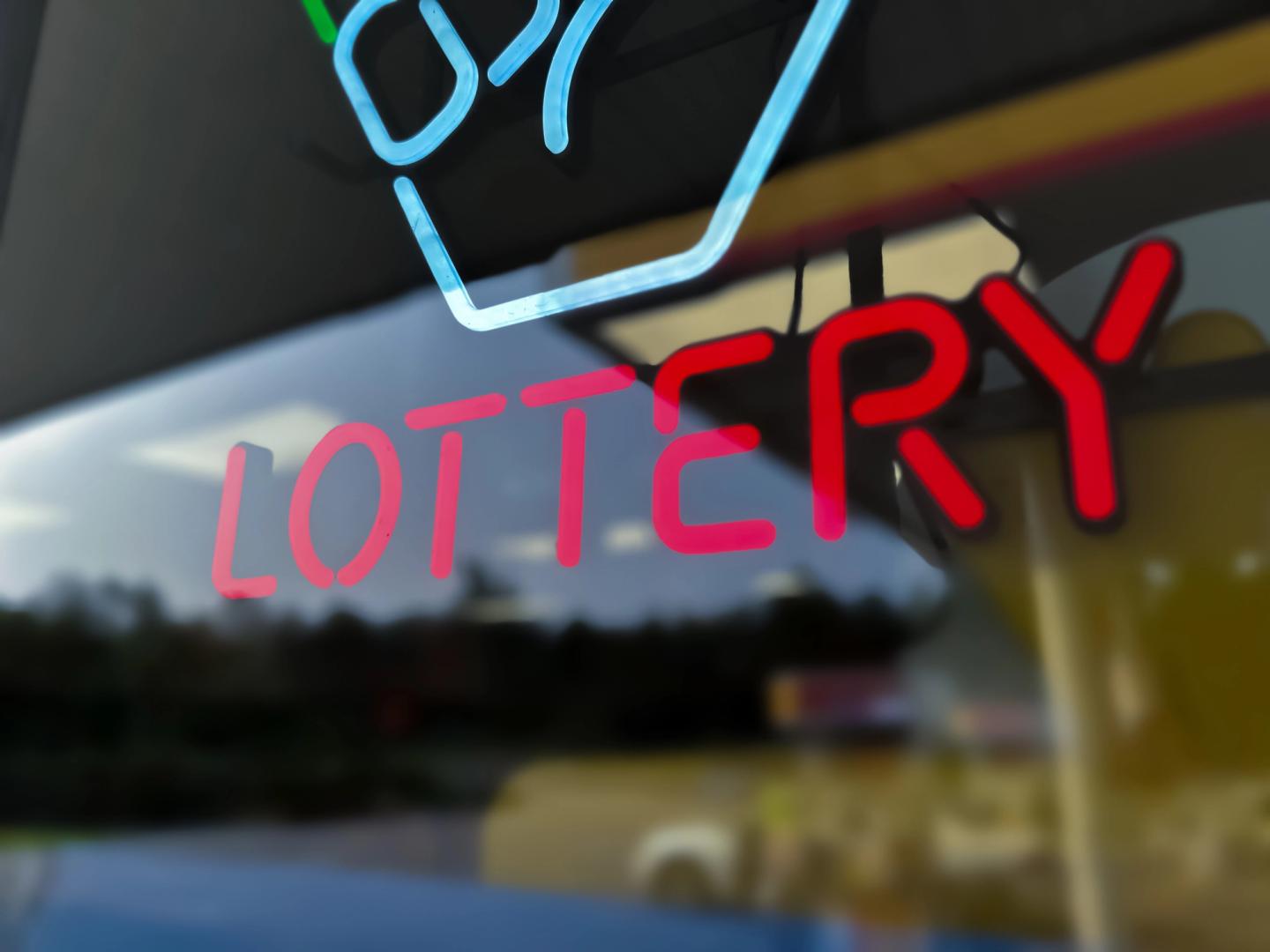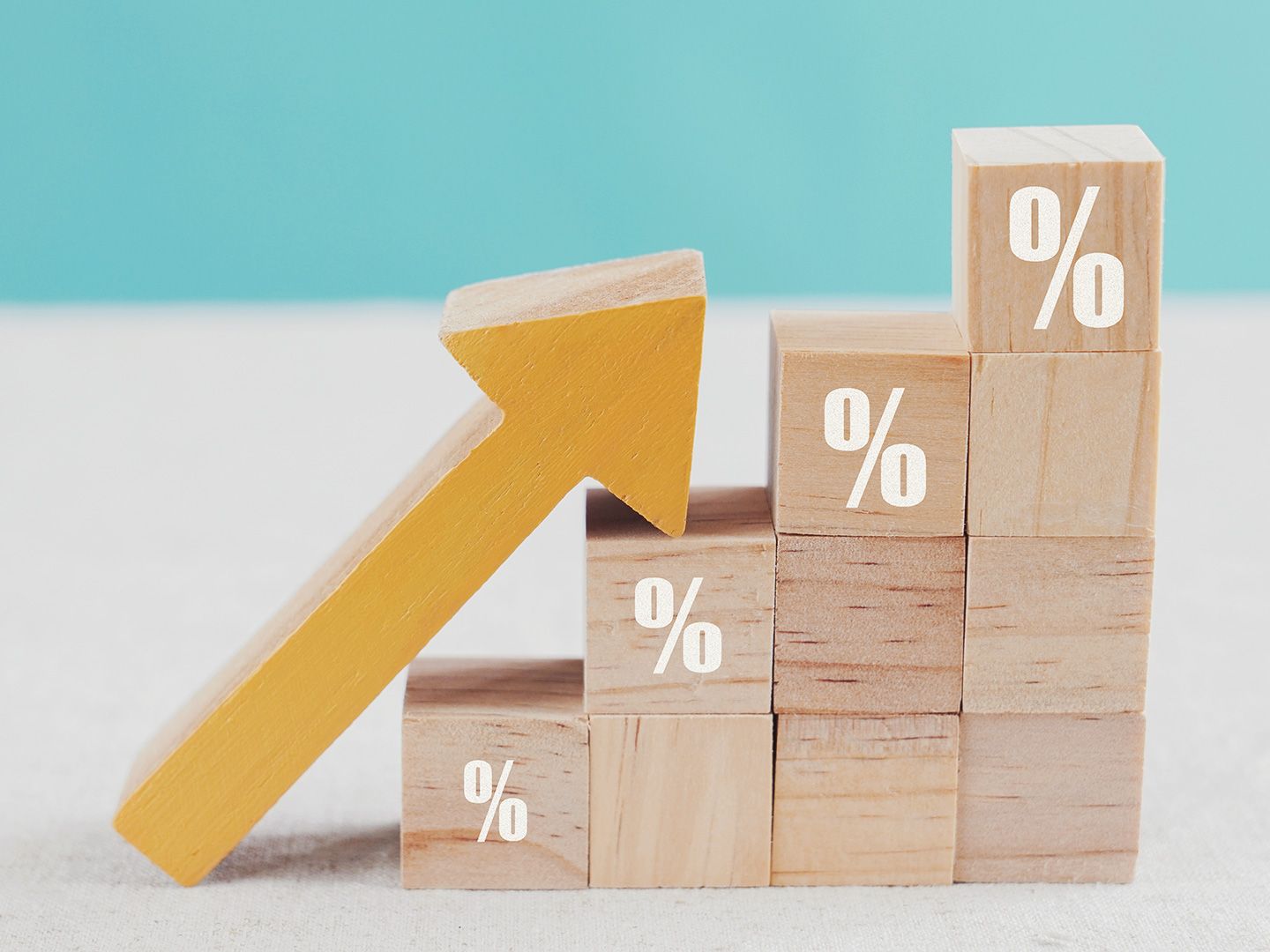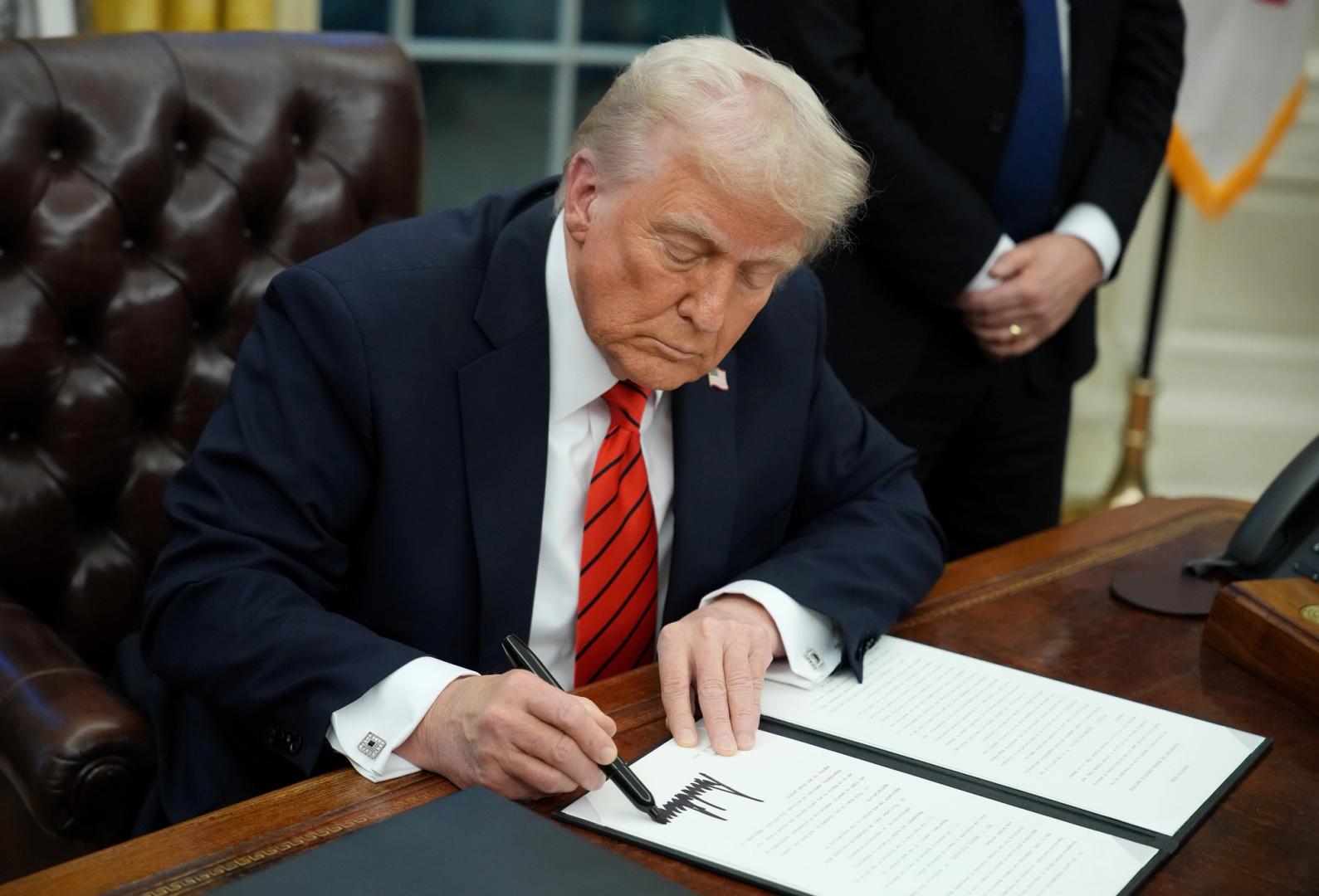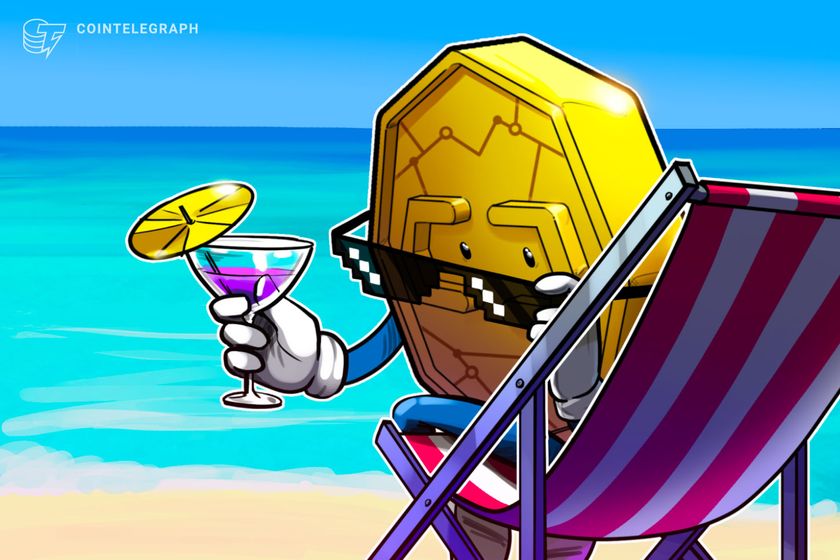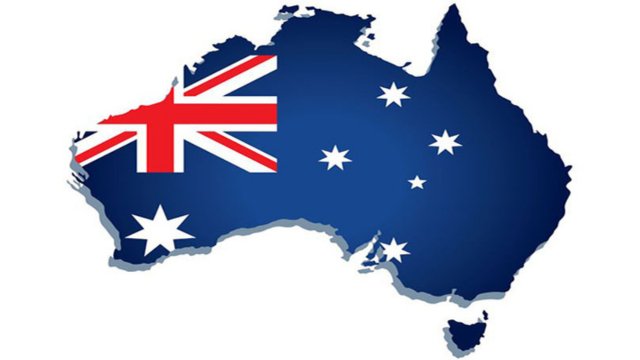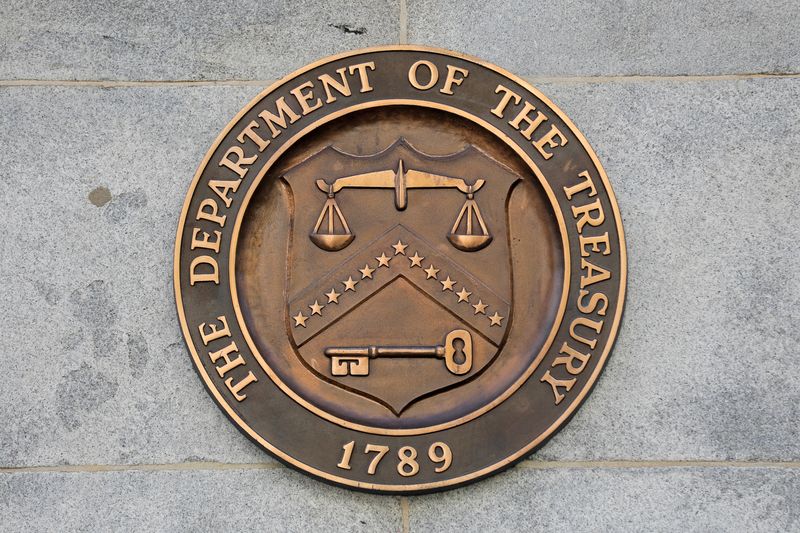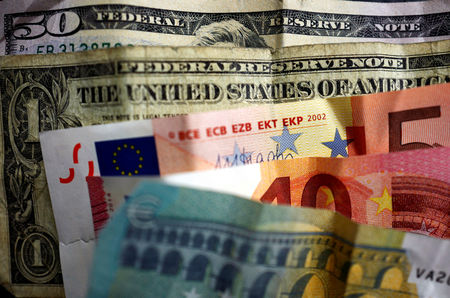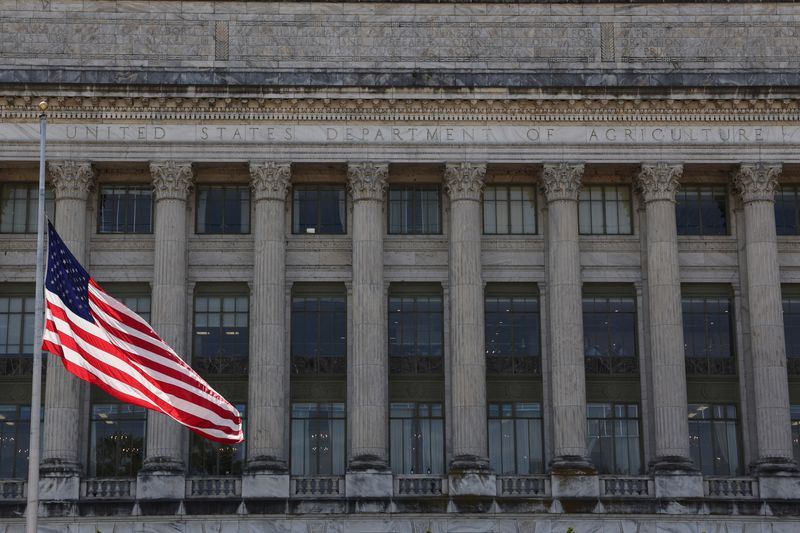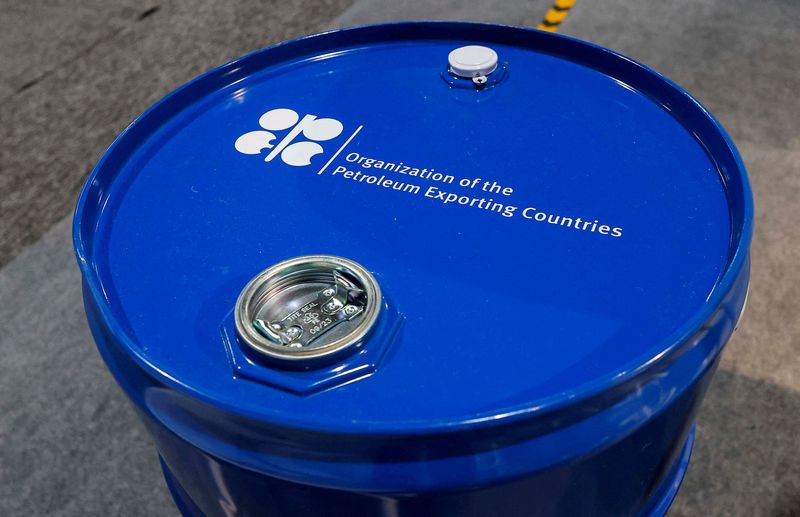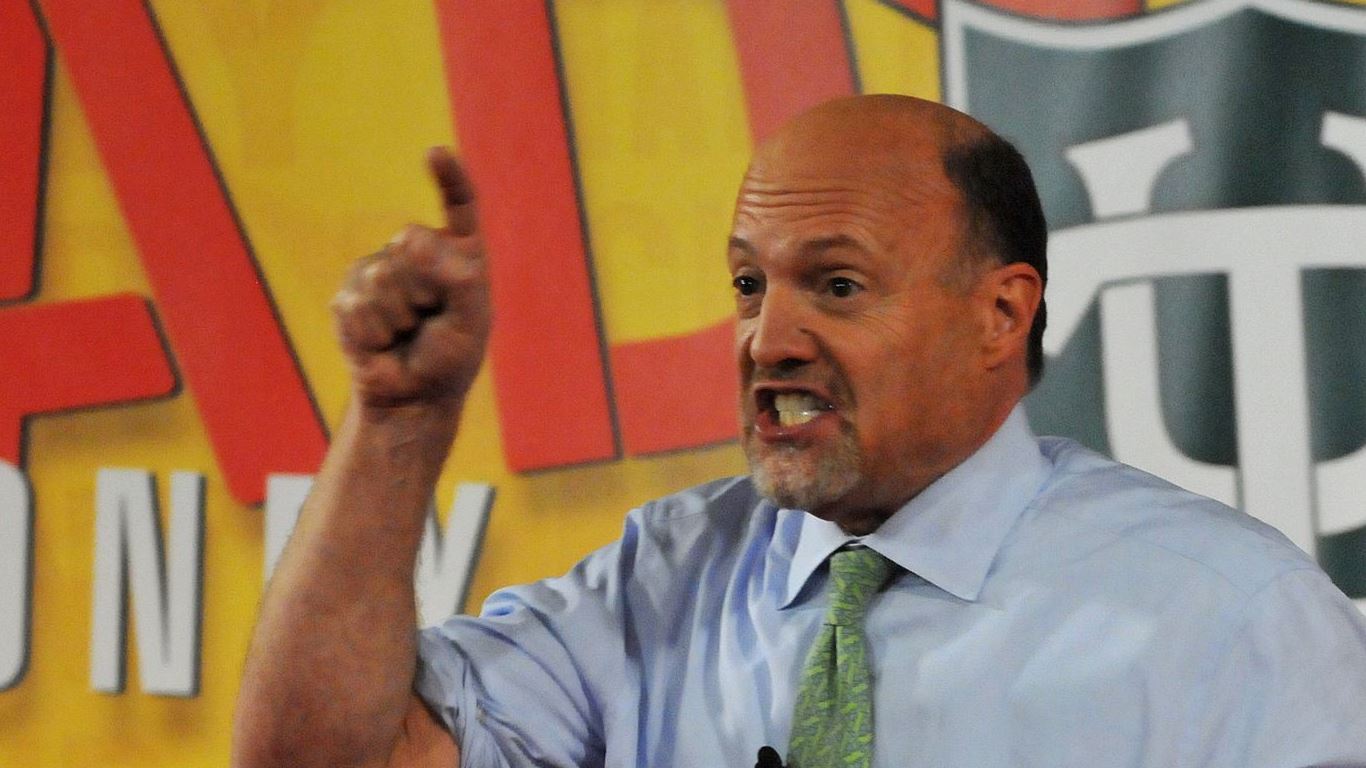I’m Drowning In Credit Card Debt. Should I Raid My 401(k)?
There are plenty of reasons why people end up with credit card debt. It may be that you got stuck paying for home repairs you didn’t expect. Or maybe you lost your job for a bit of time and needed to charge expenses in the absence of having a paycheck. If you feel that your […] The post I’m Drowning In Credit Card Debt. Should I Raid My 401(k)? appeared first on 24/7 Wall St..

Key Points
-
It can be tempting to tap your 401(k) to pay off credit card debt.
-
Taking early 401(k) withdrawals could get you penalized.
-
You also risk a retirement income shortfall, so you may want to find other ways to deal with your debt.
-
Are you ahead, or behind on retirement? SmartAsset’s free tool can match you with a financial advisor in minutes to help you answer that today. Each advisor has been carefully vetted, and must act in your best interests. Don’t waste another minute; get started by clicking here.(Sponsor)
There are plenty of reasons why people end up with credit card debt. It may be that you got stuck paying for home repairs you didn’t expect. Or maybe you lost your job for a bit of time and needed to charge expenses in the absence of having a paycheck.
If you feel that your credit card debt has gotten out of control, you may be tempted to tap your 401(k) to pay off your balances and move on. But while that might seem like a good idea at first, there are serious drawbacks you should know about.
The problem with raiding your 401(k)
There are a few issues with tapping a 401(k) plan to pay off credit card debt. First, you should know that doing so could result in a costly penalty.
The IRS gives savers a tax break on funds contributed to a 401(k) plan. For this reason, the IRS wants that money reserved for its intended purpose — retirement.
If you take a withdrawal from a 401(k) before reaching the age of 59 and 1/2, you risk a 10% penalty for removing funds early. And the IRS doesn’t care if you’re drowning in credit card debt. Since the purpose of a 401(k) is to have money for retirement, not pay off debt, you won’t be cut a break if you take an early withdrawal to pay credit cards off.
So think about it this way. Say you owe $10,000 on your credit cards and have that money sitting in your 401(k). If you remove $10,000 to pay off your debt, you’ll lose $1,000 right off the bat.
Also, keep in mind that 401(k) distributions are taxable. So you won’t even get to keep the full amount you withdraw, even if you’re old enough to avoid an early withdrawal penalty.
The other issue with raiding your 401(k) to pay off credit cards is that the more money you remove ahead of retirement, the less you’ll have available during retirement. That could leave you struggling to pay your bills later in life — and put you at risk of racking up credit card debt at that stage, when it could be even harder to pay it off.
Better ways to tackle your credit card debt
Tempting as it may be to take money out of your 401(k) for credit card payoff purposes, there are better ways to deal with your outstanding balances. For one thing, you could try getting a second job temporarily and using the money you earn to pay down your credit cards.
Another option is to see if consolidating your credit card debt will make it less expensive. If you qualify for a balance transfer with a 0% introductory APR, you’ll get a break from racking up interest for a period of time. That could make it easier to get ahead of your debt.
Another option is to consolidate your credit card balances into a home equity or personal loan. The benefit here is having a fixed interest rate on your debt, and one that may be lower than what your credit cards are charging you now.
All told, the purpose of having a 401(k) is to be able to cover your expenses once retirement rolls around. So generally speaking, it’s best to do everything possible to leave your balance alone until your career actually comes to an end.
The post I’m Drowning In Credit Card Debt. Should I Raid My 401(k)? appeared first on 24/7 Wall St..






















































